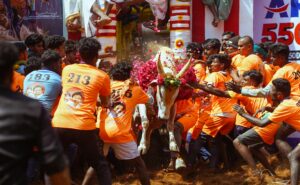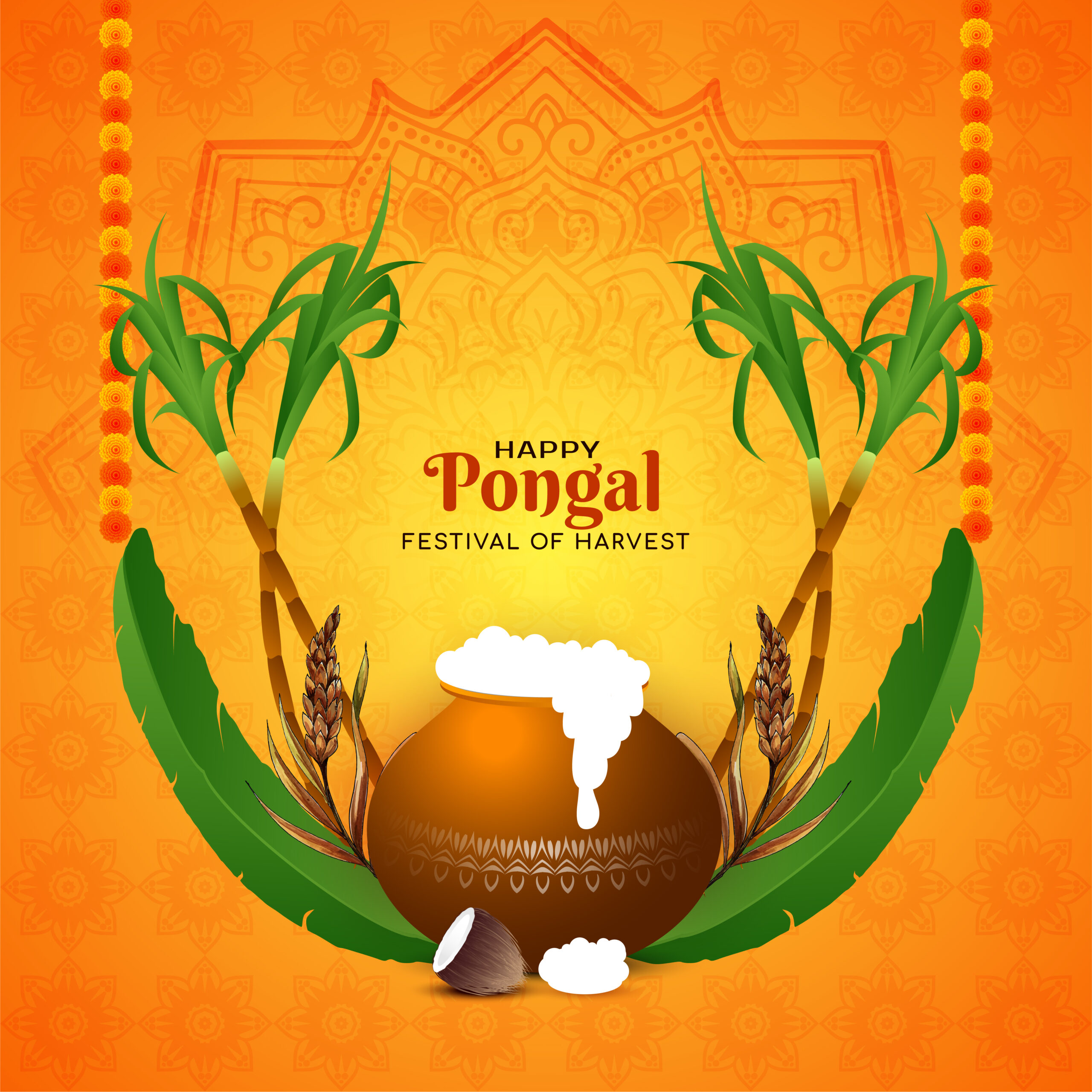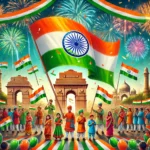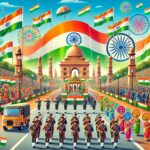Pongal is the main festival of Tamil Nadu. Its more than just a festival; it is a celebration of Tamil culture, gratitude, and nature’s bounty. This four-day harvest festival, primarily celebrated in Tamil Nadu, is a time for families to come together, honor their agricultural roots, and thank the Sun God and nature for a bountiful harvest. In this blog, we’ll dive into the cultural significance, rituals, and the joyous spirit of Pongal that makes it one of the most cherished festivals in India.
What is Pongal?
Pongal, derived from the Tamil word “pongu,” means “to overflow.” The name itself symbolizes abundance and prosperity. The festival is celebrated on 15th January every year. It is the beginning of the harvest season, making it an essential event for farmers and rural communities.
The Four Days of Pongal
It is celebrated over four days, each having its own unique rituals and significance:
-
Bhogi Pongal
The festival begins with Bhogi, where people clean their homes and discard old and unused items by burning them in a bonfire. This ritual signifies cleansing the old to welcome the new, symbolizing positive change and transformation.
-
Thai Pongal
Thai Pongal, is the main day of celebration. People cook the traditional sweet dish which is made with rice and jaggery called “Pongal”. This dish is offered to the Sun God in gratitude for a good harvest. The ritual takes place outdoors, often under the bright morning sun.
-
Mattu Pongal
On the third day, cattle are honored for their vital role in agriculture. Farmers bathe and decorate their cows and bulls with colorful paint, garlands, and bells. Cattle races and games are also organized in villages as part of the festivities.

4. Kaanum Pongal
The fourth and final day, Kaanum Pongal, is about social gatherings and family reunions. People visit relatives, exchange gifts, and enjoy traditional dances, music, and feasts.
Key Traditions
- Kolam Art: Beautiful rangoli designs, known as “Kolam,” are drawn outside homes using rice flour to invite prosperity and blessings.
- Pongal Dish: The act of boiling the dish until it overflows is a symbolic gesture of abundance and prosperity.
- Sun Worship: Special prayers are offered to the Sun God, who is considered the life-giver and sustainer of all living beings.
Why Pongal is More Than a Festival
Pongal is not just about rituals; it’s a celebration of Tamil heritage, unity, and gratitude. It emphasizes sustainable living by honoring nature and the interconnectedness between humans and the environment. In an increasingly urbanized world, Pongal serves as a reminder of our roots and the importance of preserving traditions.
Modern-Day Celebrations
While rural Tamil Nadu continues to celebrate Pongal with age-old customs, urban areas have also embraced the festival. Communities come together to organize cultural events, Pongal cooking competitions, and traditional dance performances, keeping the spirit of Pongal alive across generations.
How to Celebrate Pongal in an Eco-Friendly Way
- Use natural ingredients for Kolam art instead of synthetic powders.
- Avoid plastic decorations; opt for eco-friendly alternatives like flowers and natural dyes.
- Encourage sustainable farming practices by supporting local farmers.
Celebrate with joy, gratitude, and an eco-friendly spirit!







